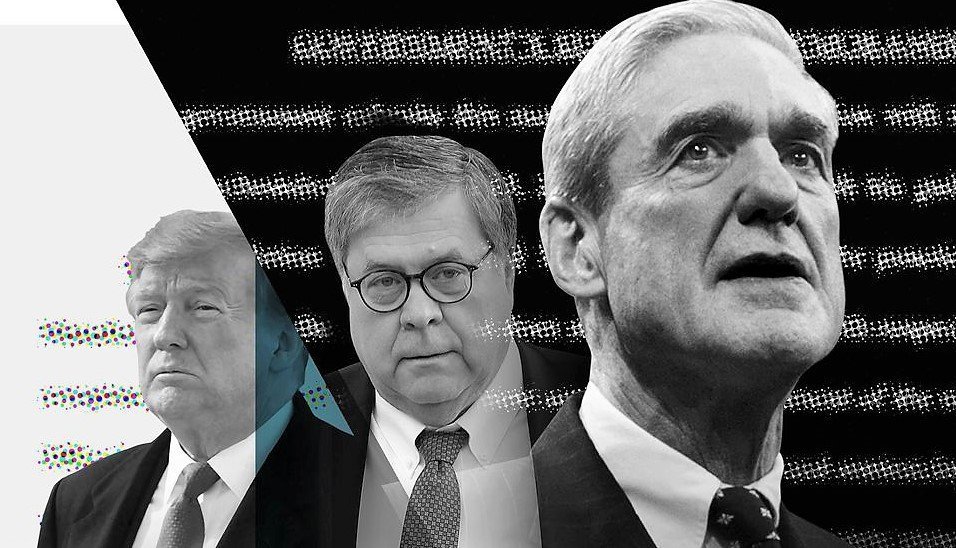Sen. Rand Paul (R-KY) today blocked a resolution calling for special counsel Robert Mueller’s report to be released to Congress and the public.
This is the 5th time that Republicans — led by Paul and Senate Majority Leader Mitch McConnell — have blocked the resolution, which passed unanimously in the House last month.
The Senate resolution comes on the heels of reports in the New York Times and the Washington Post that members of Mueller’s team are dissatisfied with Attorney General William Barr’s summary of the “principal conclusions” of the special counsel’s findings.
The House Judiciary Committee, meanwhile, has authorized a subpoena compelling Barr to turn over the “full and unredacted” Mueller report.
Barr has said he would provide a redacted version of the report to Congress by mid-April.
If he does not comply with the subpoena, it could set up a lengthy court fight.
Some of Mueller’s investigators have told associates that Barr failed to adequately portray the findings of their inquiry and that they were more troubling for President Trump than Barr indicated, according to government officials and others familiar with their simmering frustrations.
At stake in the dispute — the first evidence of tension between Barr and the special counsel’s office — is who shapes the public’s initial understanding of one of the most consequential government investigations in American history.
Some members of Mueller’s team are concerned that, because Barr created the first narrative of the special counsel’s findings, Americans’ views will have hardened before the investigation’s conclusions become public.
Barr has said he will move quickly to release the nearly 400-page report but needs time to scrub out confidential information.
The special counsel’s investigators had already written multiple summaries of the report, and some team members believe that Barr should have included more of their material in the four-page letter he wrote on March 24 laying out their main conclusions, according to government officials familiar with the investigation.
Barr only briefly cited the special counsel’s work in his letter – 74 words to be exact.
However, the special counsel’s office never asked Barr to release the summaries soon after he received the report, a person familiar with the investigation said.
And the Justice Department quickly determined that the summaries contain sensitive information, like classified material, secret grand-jury testimony and information related to current federal investigations that must remain confidential, according to two government officials.
A debate over how the special counsel’s conclusions are represented has played out in public as well as in recent weeks, with Democrats in Congress accusing Barr of intervening to color the outcome of the investigation in the president’s favor.
In his letter to Congress outlining the report’s chief conclusions, Barr said that Mueller found no conspiracy between Trump’s campaign and Russia’s 2016 election interference.
While Mueller made no decision on his other main question, whether the president illegally obstructed the inquiry, he explicitly stopped short of exonerating Trump.
